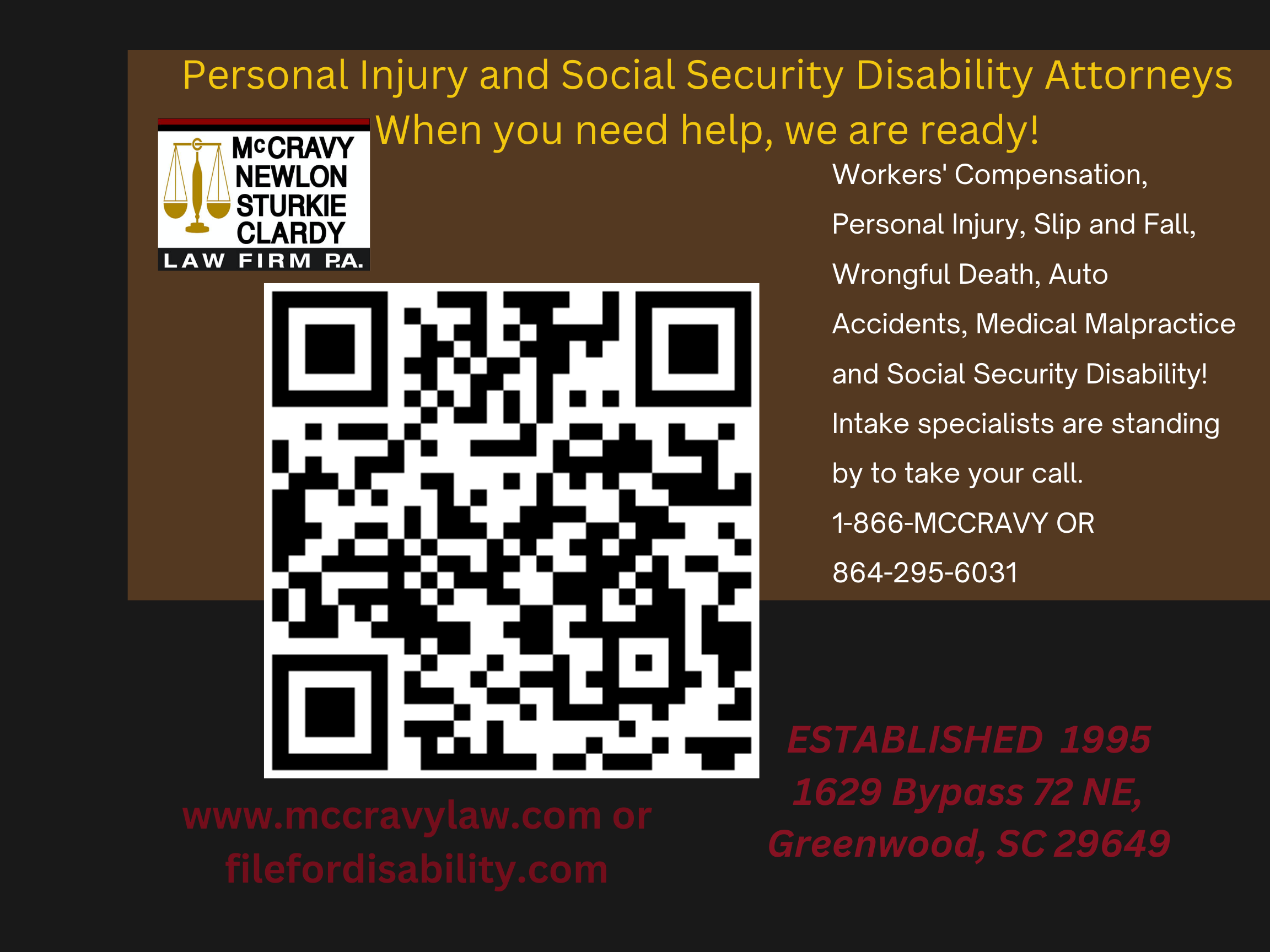Business is Always Personal
September 27, 2021By Brian T. King, Founder and President, A M King
“This is just business. It’s not personal.” I remember the first time I heard those words. It is a story I have told repeatedly over the years.
It was in the early 1990s and I was a young manager dealing with a difficult situation on a project. Making the situation more difficult was one specific individual who worked for a supplier. He was taking every opportunity and trying every approach to take advantage of my project team and my employer, seemingly for the benefit of his own bottom line. During one heated exchange, I finally told him what had been simmering in my head – that his behavior was unethical, self-serving, and offensive to me and my colleagues. To my surprise, this individual looked at me with a somewhat quizzical expression and said, “Brian, it’s just business. It’s not personal.”
Not only was I shocked by this comment, but I knew then, and I know now, that business is indeed very personal.
Our businesses, our careers, and our work, constitute one third of our lives if not more. As adults, it is where we focus much of our time and energy. We make personal sacrifices for business. We move away from friends and family for business. We develop meaningful relationships through business. Business and our corresponding work are where we often find our sense of accomplishment, self-worth, and affirmation.
The business world is also where our true nature is often revealed. If we are ethical, or lack integrity, it shows. How we treat others – whether with respect or through criticism and disdain – becomes apparent in our work lives. Our passion, ambition, patience, organization, and attention to detail are on full display by how we operate in the world of business. How can business be anything but personal?
The Personal Aspect of Our Business Decisions
Possibly the greatest clash of business and personal is evident in the decisions we make. Most of our daily work or business decisions are a result of our personal natures and biases. Then there are those occasional, large, and significant business decisions that cross the line to become very personal – to the point that they will impact our lives in a major way and for many years. I recently made one such decision when I decided to sell one of my businesses.
Quickly approaching my Sixties, I felt the need to develop an ownership transition of A M King and its subordinate companies. As the sole owner, I realized this was a decision that would be mine alone. Moreover, I also wanted to ensure that I had full engagement during the ownership transition, as well as the proper time required to consider all my options.
As I began grappling with this decision, it became apparent that this would be one of the most personal decisions I had made in my career. Not only would this decision have a significant impact upon me personally, but also upon the multiple individuals who interacted with the business on a regular basis. I ultimately realized there were four questions that needed to be considered during my decision-making process.
- What was the best solution to ensure the continued sustainability of the company?
- What was the best solution for the employees of the company?
- What was the best solution for the customers of the company?
- What was the best solution for me personally as both the owner and the CEO?
I further knew it was important to understand and honestly assess who we were as an organization, and how this would dictate whatever decision I made. The company was successful, and the outlook for our future was positive. We were growing on all fronts – service offerings, the number of clients we served, annual revenues, and in employee count. We had no need for financial assistance or additional capital for growth. We were also not searching for additional management resources, having depended on organic management growth over our company history.
As the owner and CEO, I was actively engaged in the daily management of the company. While the transition plan called for me to eventually move away from day-to-day management, this was not an immediate requirement. However, we also have a strong team of managers who were searching for more senior leadership roles and showing a greater desire to have an active role in the strategic planning and future development of the business.
It was apparent that I would need to release the reins of management, although gradually and continually, to the next generation of leadership. All things considered, I felt I had three options for ownership transition.
The first option was to maintain the company but transition it to family ownership. I never seriously considered this as an option. My children, all grown, have their own careers, none of which are in the design or construction industry. I also avoid nepotism, having seen other firms struggle with the challenges inherent in multi-generational, family-owned companies. I also knew that once I did ultimately hand over the company from a management perspective, I would want a clean break, and not something that would be a topic of discussion at future family gatherings.
The second option was to sell the company to a third party. For years, I would annually receive two or three qualified offers to buy the company. Both private equity firms and competitors were reaching out and inquiring if I would like to “take some chips off the table” as one firm stated. All offered me the option to stay on in a leadership role, and some proposed that I retain partial ownership. A few of these offers were quite appealing. For example, one private equity firm owned several manufacturing and food businesses, the types of companies that are our typical clients. This group wanted to buy my company so we could become the single-source Design-Build firm for their portfolios of companies. This meant our revenues would have doubled or tripled in a matter of months. While the different scenarios to sell to a third party were enticing, I still struggled with that concept. I had twice before been the employee of a company which had sold to a third party. On one occasion, the result was positive. In the other instance, it was a negative experience.
The greatest concern I had with selling to a third party was the potential impact upon our existing employees. I understood if it went down that path, I would be putting them, and myself, in the hands of an unknown management team, and in the environment of a new and uncertain culture. That concerned me, to the point that I found myself continually rebuffing offers to sell over the years. It became clear through my response of turning down numerous offers to sell to a third party that the evidence was there for me not to pursue that scenario.
The third option, which I elected to pursue, was to transition to an employee-owned company. After a significant amount of research and consultation with experts, I decided to convert my company to an Employee Stock Ownership Plan, commonly known as an ESOP.
Making a Decision
While I won’t delve into the specifics of an ESOP, this plan appealed to me on many levels. First, it allowed me to sell the company to an entity that I believed would best protect our future success and sustainability: our employees. Secondly, it would ultimately provide every employee with a personal stake in the company, gifting each of them shares over future years, which they could grow in value through their own hard work and success. Third, it gave us the best opportunity to maintain our company culture, how we operate, and who we are as an organization. This would mean little to no discernable impact to our customers, our suppliers, and our communities.
What I soon learned was that the greatest impact – initially at least – of converting from sole ownership to an ESOP would be upon me. Converting to an ESOP can be a long, arduous, and expensive process. It requires a great deal of documentation given its relationships to the Department of Labor and the IRS. The payout to the seller usually occurs over a long period of time, and typically requires a term of continued investment of the seller’s management and leadership. I had bought and sold companies before, so I understood the buy/sell process. But with an ESOP there were significant differences in the time and effort required to execute the sale. While I benefited by finding excellent legal and financial teams to represent both me and the trust, there were days during the process when I wondered if I had made the right decision. Then there were the days where I simply wondered if I wanted to sell the company after all.
On December 31, 2020, I successfully closed the ESOP for A M King, and on January 1, 2021, we quietly entered the new year as a company under new ownership. However, we also found it to be, for all intents and purposes, a non-event. How we conducted our business did not change. Our leadership remained the same. Our processes, policies, strategic plans, and organizational structure were the same as the day before. Maybe most importantly, however, was that the personal impact on our employees, our customers, and somewhat to me personally, was not noticeable.
Reflections
In the few months that have since passed, I have noticed slight changes. We now refer to ourselves as an “Employee-Owned Company.” I have also begun to sense a level of ownership growing among the employees. As for me, I am slowly adjusting to the concept that I no longer own the company. It has been more of a mental shift than anything, but I find at times I must remind myself to no longer say “my company” when talking to others or describing the company. I also find, for the first time in many years, I am an employee, and not the owner, of the place where I work. While there are certainly more challenges ahead, and we are still new in our adventure as employee-owned, the entire company is excited and energized about what the future holds for us as we move along this new path.
Although I needed no reminder, the process of selling A M King, and the numerous decisions involved in the conversion to an employee-owned company, reinforced for me that business is a highly personal matter. Understanding that it’s not “just business” influences how we operate and the decisions we make. It causes us to become more thoughtful, more methodical, and more considerate of the impact we have upon others. It signifies that whether making daily business decisions in the normal course of our work, or substantial and comprehensive business decisions that will greatly impact our lives and futures, these decisions have implications for those within our circle – be it our families, our co-workers, or any others we work with on a regular basis.
I now think back to the encounter I had almost 30 years ago when I was told “It’s just business, it’s not personal.” When I hear that comment today, I instantly become wary of that individual. I know with certainty and conviction that how we operate in our business dealings is demonstrative of who we are as individuals.
Business indeed, is very personal.
About the Author – Brian T. King is the Founder and President of A M King, a Design-Build firm that provides multiple services required of highly complex facilities in niche markets throughout the United States. To connect with Brian and gain more of his insights, visit www.briantking.com.
This article was originally published on GroundBreakCarolinas.com.













